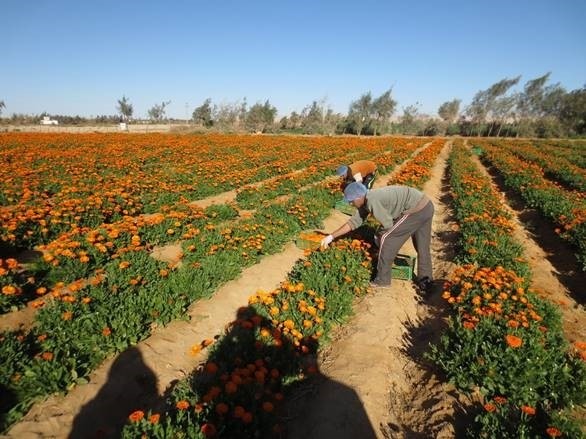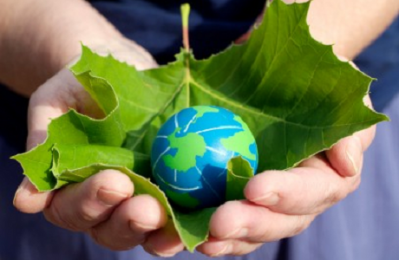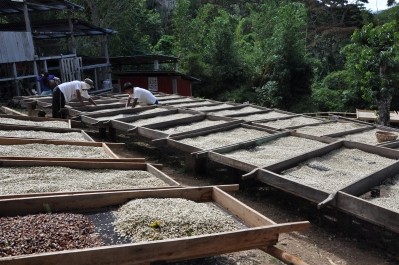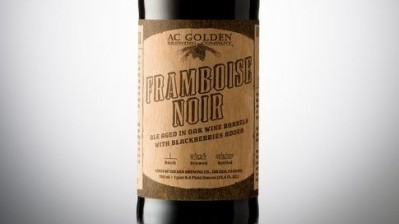Celebrating biodiversity with certified herbal teas

With a growing market for sustainable herbal teas (which can use seeds, leaves, flowers and fruits) the programme from the Union for Ethical BioTrade (UEBT) and UTZ Certified is promoting sustainable collection and farming practices.
The launch has coincided with the International Day for Biological Diversity this month, with the programme promoting the contribution ingredients make to the planet’s biodiversity.
Peppermint, lemon balm, chamomile
Herbal teas use a variety of ingredients: lemon balm, mint leaves, hibiscus and chamomile flowers, apples and rose hips to name a few. Ingredients are grown in fields and forests worldwide.
Plants covered by the programme so far include peppermint from Europe, North Africa and the US; chamomile from North Africa, South America, and Europe; and hibiscus from Asia and Africa.
Farmers and tea brands taking part in the programme use responsible farming and collection methods, and improve working conditions if necessary.
Britta Wyss Bisang, standards director, UTZ Certified, told BeverageDaily.com: “There is a tremendous variety of herbs, fruits, flowers and grasses for herbal teas. The variety is huge - and so are the challenges.”
These include challenges found in agriculture, such as water, pesticides and erosion of soil, she said.
Some herbal tea ingredients are collected, putting pressure on habitats, and the health and safety of workers (snakes in the undergrowth, for example).
As part of the programme, collectors receive training on the recovery rate of vegetation and which plants are endangered. Because some collectors cannot read or write, illustrated brochures can be used.
Stability throughout the supply chain is a key aim of the programme as well.
Sustainable collection and cultivation can contribute to biodiversity. But ingredients are sometimes grown in relatively small quantities, making them more vulnerable.
“Because of the huge variety of plants – and volumes which are small compared to coffee and tea – this programme could have a very important impact on the environment,” said Wyss Bisang. “Once a species is gone, it’s gone forever.”
Too much certification?
UTZ Certified is a programme and label that recognises sustainable farming practices in coffee, cocoa and tea. The herbal tea programme uses the existing UTZ Certified logo, rather than creating a new one.
“This was a conscious choice,” said Wyss Bisang. “There’s a lot of concern about proliferation of labels. There is only so much information a consumer can have on pack.”
Instead, the supporting information can be found online.
“It’s important that there is the information on the website, so consumers can find it. But many consumer don’t want to have too many labels, that confuses them,” she said.
When it comes to the environment, consumers want to be able to trust brands over inspecting each individual pack, said Wyss Bisang.
“UEBT has done some consumer research and 80% [of consumers] expect companies to take action on biodiversity and sustainable sourcing.
“When you have a consumer facing the label: the consumer expects the brand, retailer or company to be a good brand. They want to know, when they’re enjoying their tea, that this company takes care of their environmental and social responsibilities.”








